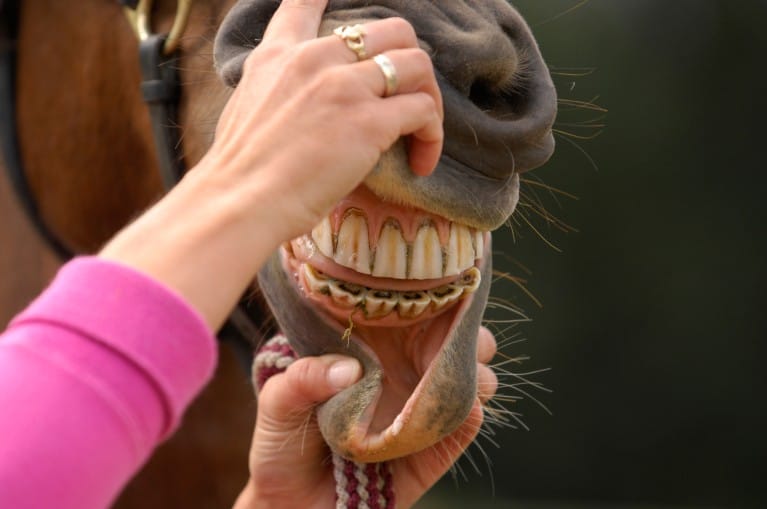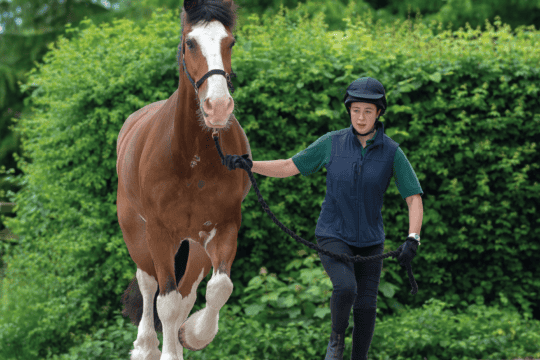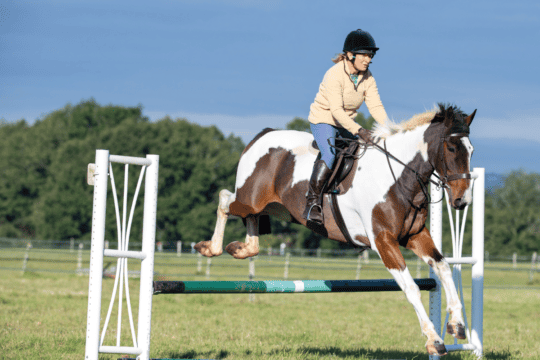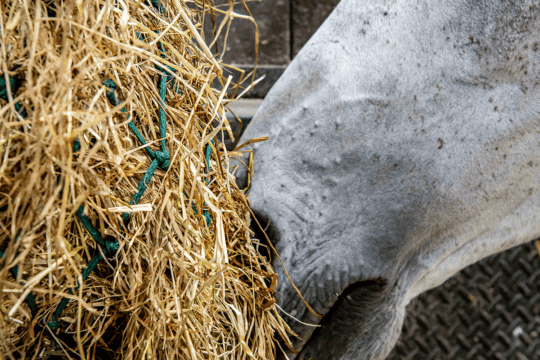Q: Should I get my youngster’s wolf teeth removed? I’ve been told that they could cause her all sorts of bitting problems if I don’t. What do you suggest?

Gill Spinney answers:
Wolf teeth are the small teeth that sit just in front of the premolars and they should not be confused with
canines, which are found predominantly in male horses and are situated behind the incisors. They can be found in both the upper and lower jaw, but lower wolf teeth are very rare. Not all horses have wolf teeth, and they generally erupt between six and 18 months of age.
Millions of years ago, the ancestors of the modern horse had seven premolars and molars, compared to the six they have today. During the evolution of the horse, the first premolar either disappeared or it was reduced to a small, functionless tooth – the wolf tooth. You can see from the picture that these teeth come in different shapes and sizes, and have varying lengths of root.
Opinions differ
There are differing opinions as to whether wolf teeth always need removing from riding horses. However, some wolf teeth are more troublesome than others and there will be occasions when they do need to be removed.
Problems caused
The problem with wolf teeth is that they are situated in the area where pressure is applied from the bit. The soft tissue in the mouth, the cheeks and the tongue can press against the tooth and cause a great deal of discomfort.
Wolf teeth can also physically restrict the bit if they are very large or displaced forward in the mouth, and they can make it difficult to round off the front edge of the molars when equine dental technicians create bit seats.
Sometimes, the wolf teeth are ‘blind’, which means that they have not quite erupted through the gum line. These are often even more of a problem, as the bit will apply pressure on the tissue over the tooth, causing pain. If wolf teeth are causing problems, the horse will often be unhappy and unwilling to take a rein contact – and he may throw his head or be one-sided when ridden as a result.
The decision as to whether a wolf tooth should be removed should be based upon the following factors…
- Size and position of the tooth – is it likely to make contact with soft tissue?
- Is the tooth broken?
- The work the horse is doing – is it a dressage horse or broodmare?
- The age of the horse – has he had a wolf tooth all his life that has not caused a problem?
- Is the horse unhappy when he has a bit in his mouth?
Removal
I would advise that wolf teeth are removed before the horse is bitted, rather than waiting to see if they are causing discomfort, which could potentially cause problems in the future.
Removing them is fairly simple, and I always arrange for a vet to sedate the horse and give him a painkiller before I remove the tooth. It will then need about a week before a bit is put back in the horse’s mouth, although other routine work can continue during the recovery period.















